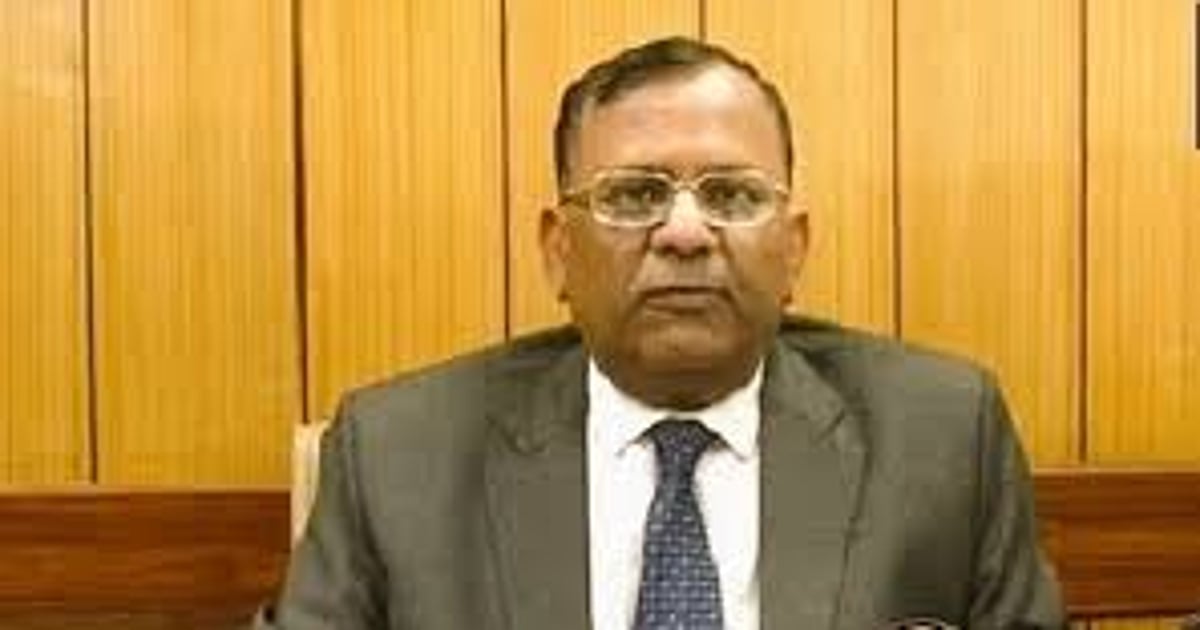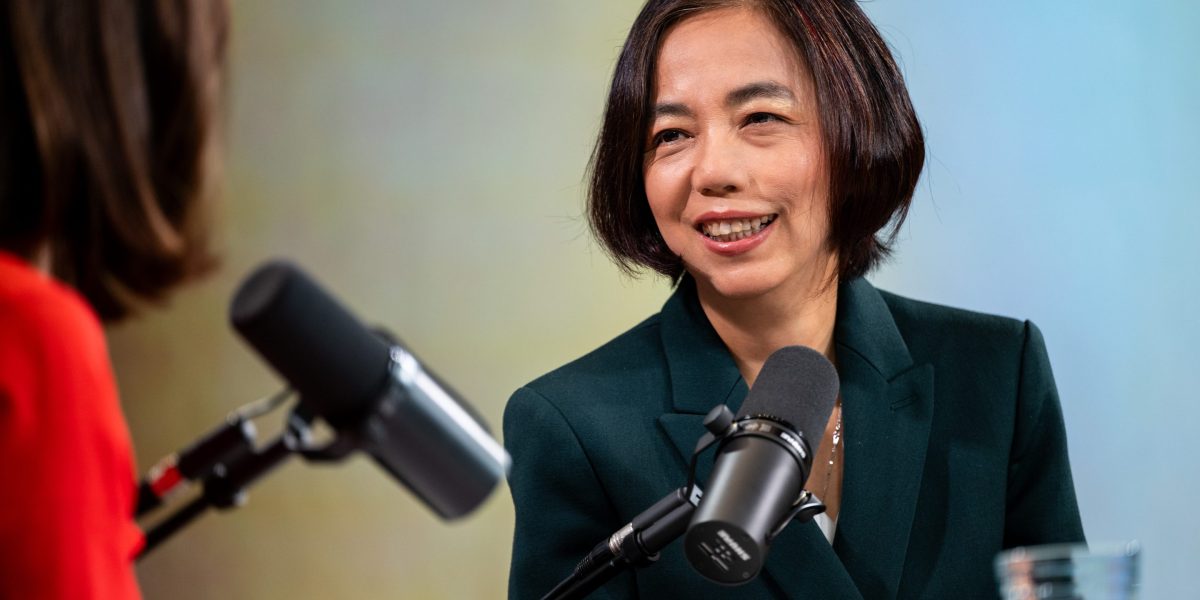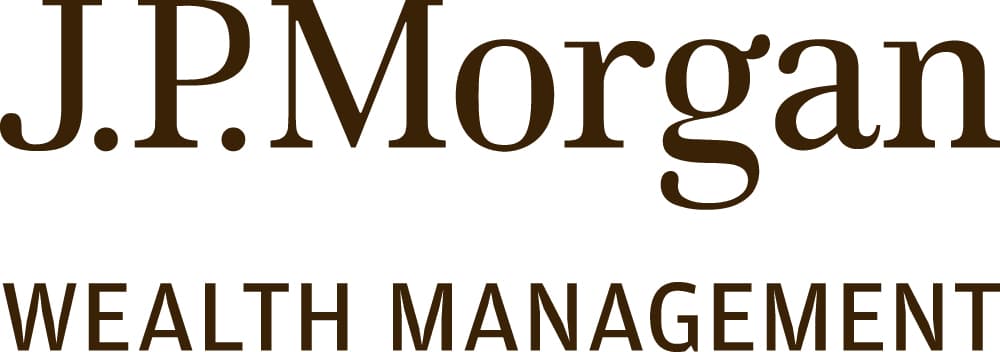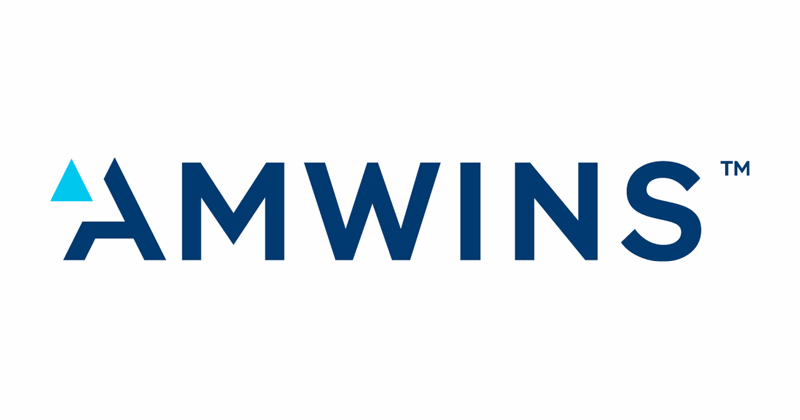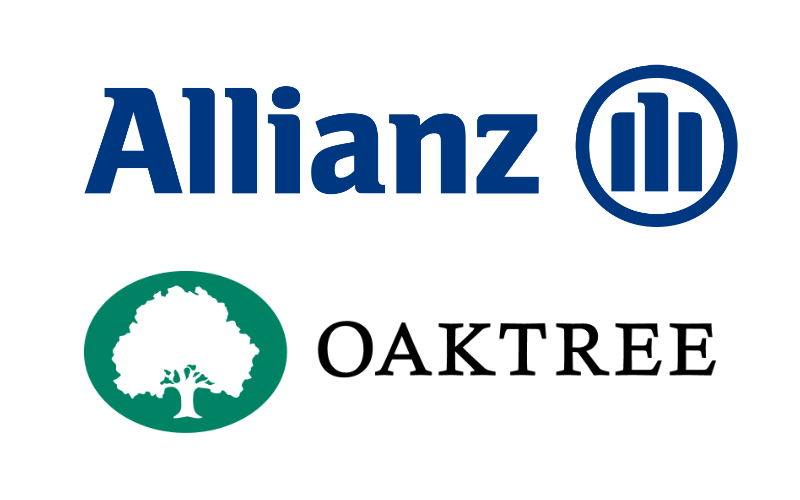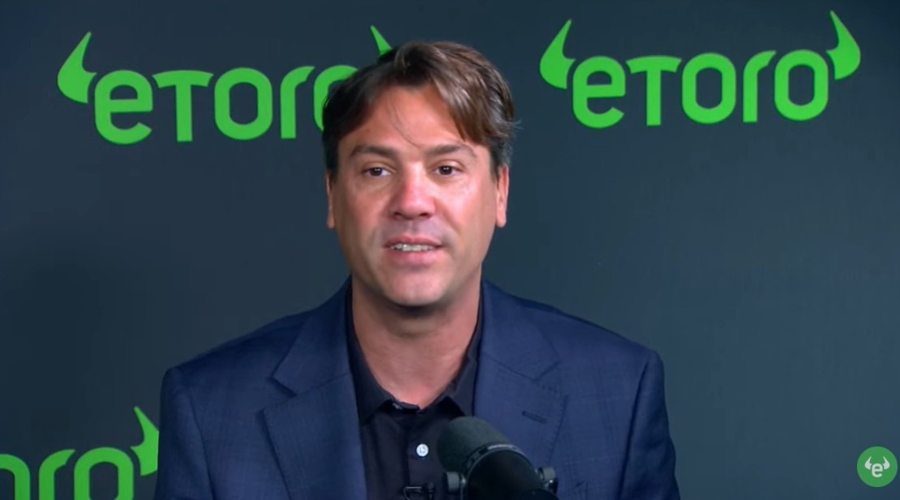Officials from India and the United Kingdom (UK) are working overtime to address the contentious issues related to the proposed free trade agreement (FTA) between the two nations, in a final push to conclude the deal by the year-end.
Commerce Secretary Sunil Barthwal was headed to London on Thursday after completing his four-day visit to Brazil. Other key officials from India’s negotiating team will be joining Barthwal in the UK capital, hoping to make headway in the FTA negotiations, which started in January last year, a person aware of the matter told Business Standard.
Thirteen rounds of negotiations have been completed so far. The previous round commenced on September 18. In addition, discussions on some of the issues are also ongoing virtually between both countries.
“UK Prime Minister Rishi Sunak is anticipated to travel to India again towards the end of this month (weeks after the G20 Leadership Summit) to meet his counterpart, Narendra Modi.
If the negotiations conclude by then, the agreement could be signed during Sunak’s visit,” the person said.
“There’s an indication that both sides aim to finalise the details of the agreement by the end of the month. However, the differences on topics such as mobility and greater market access for whisky, among other issues, remain unresolved,” the person added.
Now that the FTA talks with Canada have been paused, the only significant FTA that India hopes to conclude this year is with the UK.
A trade agreement with the European Union (EU) also appears distant since government officials believe the negotiations will be more intricate and may take at least another year to conclude.
In any case, India will need to finalise the FTA with the UK by the end of this year – before the Lok Sabha elections in 2024.
For the UK, a trade agreement with India is essential in its efforts to establish a post-Brexit trade relationship with the world. To date, India is the largest market with which the UK has committed to negotiating a trade agreement.
The trade agreement has faced several obstacles, whether it was the political upheaval in the UK last year or the pro-Khalistan protests in London. Elections in key Indian states further decelerated the discussions between both countries.
Some of the disputed issues include India’s request for a liberalised migration policy and the UK’s demands for reduced tariffs on whisky and automobiles, as well as opening up India’s sectors like legal, architecture, and financial services.
Last month, a senior government official said both sides had made “good progress” in the negotiations on the proposed bilateral investment treaty as well as pivotal topics such as the ‘rules of origin’. “Both nations are aiming for a robust agreement that benefits both parties, and we aren’t restricting ourselves to any specific timeline…There are issues we aim to address promptly,” the official had said.
The UK was India’s 15th largest trade partner during FY23. India exported goods valued at $4.5 billion and imported goods worth $2 billion in the first three months of the current financial year.







